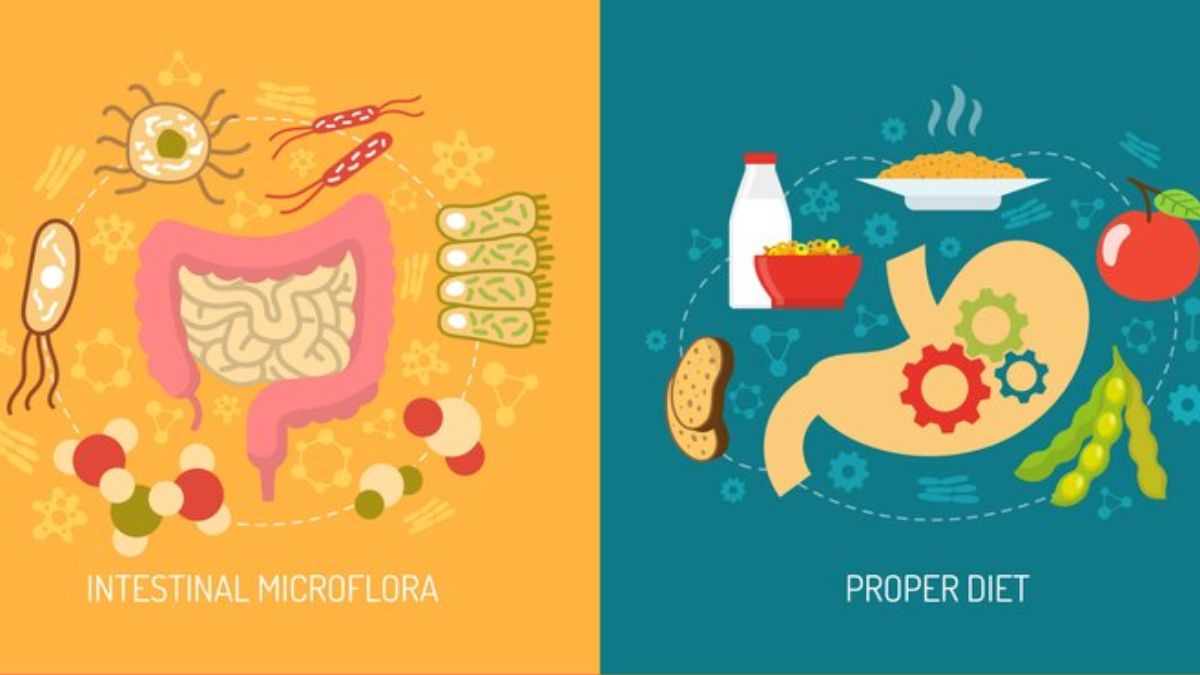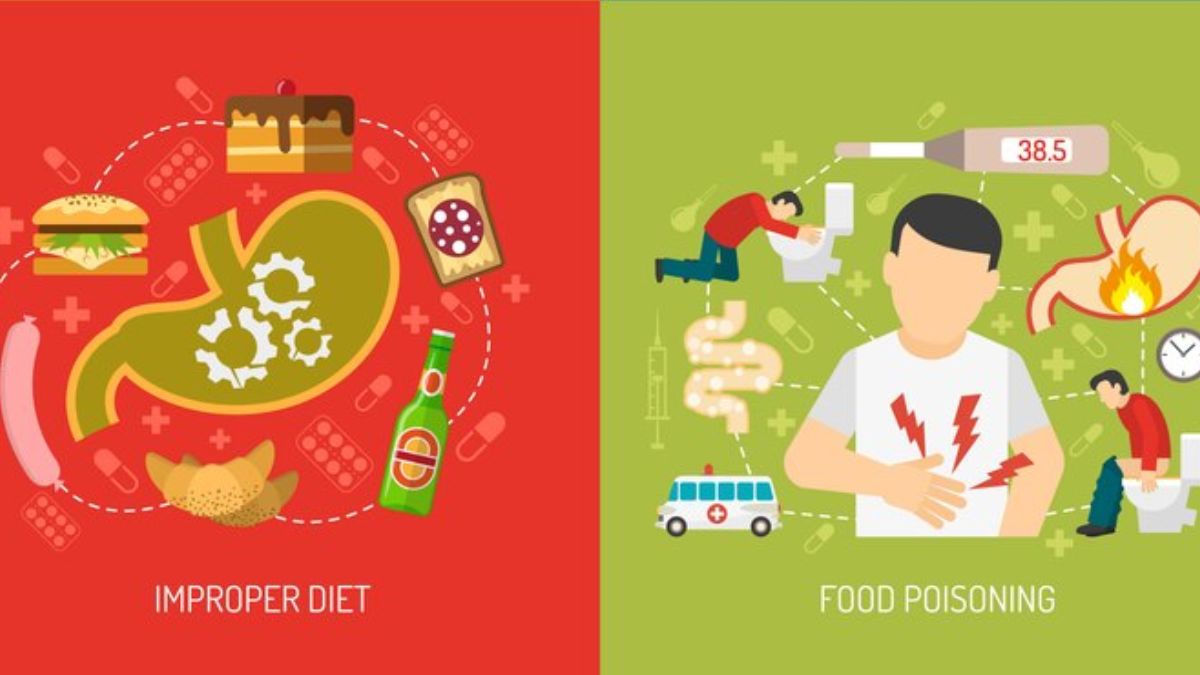
Digestive woes like bloating, gas, and the ever-unpleasant IBS (Irritable Bowel Syndrome) can cast a long shadow over daily life. If you find yourself constantly battling these uncomfortable symptoms, you might have stumbled upon the term ‘FODMAP diet’ in your quest for relief. But what exactly is it, and can it truly be your gut's guardian angel?
Table of Content:-
FODMAP: Decoding the Alphabet Soup
FODMAP is an acronym that stands for Fermentable Oligosaccharides, Disaccharides, Monosaccharides, and Polyols. Don't let the long names intimidate you – they simply represent specific types of carbohydrates. While most carbs are broken down by enzymes in the small intestine and absorbed into the bloodstream, FODMAPs can sometimes pose a challenge. They may either be poorly absorbed or reach the large intestine undigested.
Here's where things get interesting: the large intestine is home to a diverse community of bacteria. These bacteria love to feast on fermentable carbohydrates, including FODMAPs. However, when they break down these specific carbs, they can produce gas as a byproduct. Additionally, some FODMAPs attract water into the intestine, leading to bloating. The combination of gas and water accumulation can trigger the very digestive issues you're trying to avoid.

The FODMAP Diet: A Reset Button for Your Gut
The FODMAP diet takes a targeted approach. It involves a three-phase process:
- Elimination Phase (2-6 weeks): Here, you temporarily eliminate high-FODMAP foods from your diet. This allows your gut to rest and potentially reduce inflammation.
- Reintroduction Phase (up to 8 weeks): FODMAPs are gradually reintroduced in small amounts, one group at a time. This helps identify which specific FODMAPs trigger your symptoms.
- Maintenance Phase: Based on your reintroduction experiences, you personalise your diet. You'll continue to avoid the FODMAPs that cause problems while enjoying a wider range of low-FODMAP options.
Why the FODMAP Diet Might Be Your Gut's Best Friend
According to research published in MDPI’s ‘Nutrients,’ the FODMAP diet can be a powerful tool for managing symptoms in individuals with GI disorders, particularly IBS. Here's how:
- Reduced Symptoms: The study showed significant reductions in bloating, gas, abdominal pain, diarrhoea, and constipation in many individuals following a low-FODMAP diet.
- Improved Quality of Life: By minimising these disruptive symptoms, the FODMAP diet can lead to a significant improvement in overall well-being and quality of life for those struggling with chronic digestive issues.
- Identifying Food Triggers: The reintroduction phase allows you to pinpoint exactly which FODMAPs are causing problems. This empowers you to make informed dietary choices and avoid future flare-ups.
Also Read: What To Eat And Avoid If You Are Suffering From Irritable Bowel Syndrome (IBS)?

Working with Your Healthcare Team: A Recipe for Success
Before embarking on the FODMAP journey, it's crucial to consult with your doctor or a gastroenterologist. They can help you determine if the FODMAP diet is the right approach for your specific condition and ensure no underlying medical issues are contributing to your digestive woes.
They can also guide you through the phases of the diet safely and effectively. Additionally, a registered dietitian can be a valuable resource for creating a personalised FODMAP plan that fits your dietary needs and lifestyle.
Also Read: Expert Shares How Gastrointestinal Symptoms In Type 1 Diabetes Are A Sign Of Kidney Disease
The Final Verdict: A Gutsy Choice
The FODMAP diet can be a powerful tool for managing digestive issues and reclaiming control of your gut health. However, it's not a magic bullet. Remember, it's a journey that requires guidance and a personalised approach. By working with your healthcare team and approaching the FODMAP diet with realistic expectations, you might just discover the key to unlocking a happier, healthier gut.
Also watch this video
How we keep this article up to date:
We work with experts and keep a close eye on the latest in health and wellness. Whenever there is a new research or helpful information, we update our articles with accurate and useful advice.
Current Version